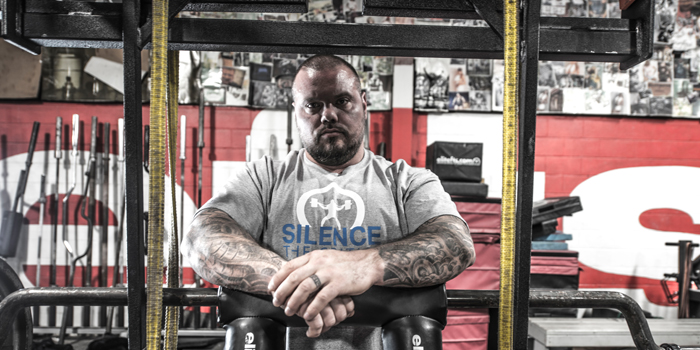
If you are in high school, you may know someone who is strong as hell.
Most readers on elitefts.com have some sort of athletic background or played at some level throughout their life. Almost everyone knows someone who was very strong in the weight room.
RECENT: Personal Training Through Pregnancy
Sometimes their weight room strength doesn’t always translate to their respective sport. Until recently, this weight room strength athlete might be done playing after their senior year of high school. Just because you are strong on the weights doesn’t always mean it will translate into the sport.
If you are like most readers, you might not be aware that there are college scholarships available for powerlifting. To name a few: McKendree University in Lebanon, Illinois; Midland University in Fremont, Nebraska; Missouri Valley College in Marshall, Missouri; and Ottawa University in Ottawa, Kansas, among many others, have just started theirs.
This opens the door for many athletic scholarships. Along with an opportunity to receive a college education paid for by receiving a sports scholarship, the student-athlete gets to play the sport they like at a higher level.
More and more schools are offering these scholarships.
But just like any sport, you need to be very good at it and put a lot of hard work to make it to the next level.
Competing throughout high school in sanctioned powerlifting meets would be a great start.
The debate on lifting raw or equipped would be up to the coach. Competing in the USPL federation, which is associated with the IPF, would help become accustomed to the way they are run and the rules.
Think of the motto, “Practice like you play.” In my opinion, you would want to find a local coach who is familiar with powerlifting and has competed.
A more hands-on approach with a watchful eye makes more sense to me than hiring an online trainer. Not taking away anything from Internet trainers, but having a coach in front of you can go a long way!
Finding where you stand in the state or country total is easy. Open Powerlifting and other websites will have up-to-date state, national, and world records in addition to classes.
After training for a while and after competing, you can see how you rank. After that, if the colleges are not knocking your doors down (which would be highly unlikely as of today), you may want to reach out to the colleges you are interested in and see if they need a lifter in or around your weight class.
As far as getting into college, it would be the same as any other athlete. You must make sure you have the required GPA and take the mandatory tests they require (ACT, SAT, PSAT, etc.).
You will also want to meet with your high school guidance counselor and make sure you guys are on the same page. They will need to know what college you are going to make sure you are on track with all of the requirements.
RELATED: Top Three: A Hierarchy for Sustainable Success
McKendree University
The following are a few pieces of information shared from Guillermo Blanco, the head powerlifting coach at McKendree University, about how to pursue a scholarship.
Academics:
Academics are an important part of the process, like any other collegiate sport. One of the biggest things I look at is a lifter’s GPA and test scores (ACT/SAT).
How well you do in the classroom tells me a lot about your character and how disciplined you are outside of the weight room. I make sure that their grades are up to our standards.
At the end of the day, you are going to school to get a degree, and we want to make sure that you are successful academically throughout your career.
Meets:
While we prefer to look at lifters who compete in sanctioned meets, I still look at lifters who compete in their high school powerlifting organizations.
Several states have organized high school powerlifting (Illinois, Michigan, Wisconsin, Texas, Mississippi, and Louisiana). If you live in these states, I would highly recommend competing within these high school associations or try to see if someone from your school can form a team to compete within your respective state’s association.
Our powerlifting program competes within the USAPL, as it is the most competitive across the collegiate level. Although it is not necessary to have competed in a USAPL-sanctioned meet, we look at lifters who compete within the USPA, APF, RPS, and UPA.
At the end of the day, what is important is that you have competition experience and a total.
What the McKendree University powerlifting program has to offer:
Our program is fully funded, meaning we are a varsity team like other teams we have on campus. For those with sanctioned meet experience, you know that powerlifting expenses can add up to a couple hundred dollars up to a few hundred dollars, depending on how many meets you compete in each year (not including travel expenses).
Our program provides the following: USAPL yearly membership, meet entry fees, travel costs, lodging, team meals, powerlifting gear (shirts, jackets, etc.), and powerlifting equipment (belt, singlet, wrist wraps, knee sleeves).
We compete in major meets, such as USAPL Raw Nationals and USAPL Collegiate Nationals, as well as home meets at our own facility and compete in other local meets.
MEET REPORT: 2019 USPA Nationals with Dan Dalenberg
Things I look for in lifters:
Obviously, a lifter’s total in the process is important, but that is not all I look for. I look at how much experience the lifter has, what kind of program the lifter may be running (if any), do they have a coach, are they self-coached, how coachable is the lifter, do they participate in other sports, what they post on social media (this reflects on the type of person they are; do they stick to the program or go off program frequently), and how they handle themselves during competition/in training.
McKendree University has recently had:
- 1 female collegiate national champion (2018)
- 1 raw junior national champion
- The men’s raw team place 3rd at USAPL Collegiate Nationals with 4 lifters placing in the top-10 of their respective weight class
For more information about the McKendree University powerlifting program, visit mckbearcats.com. You can also email Coach Blanco at gmblanco@mckendree.edu, call his office (618-537-4458) or cell (630-340-9625), or follow him on Twitter @McK_Blanco.
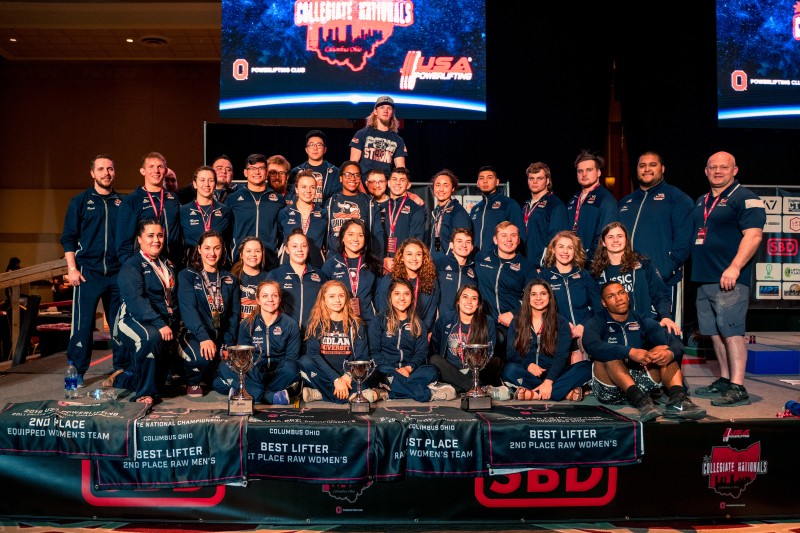
Midland University
Midland University is another college that offers scholarships for powerlifting. In four years, the Midland powerlifting team has 10 Collegiate National Champions, 16 All-Americans, three Team Nationals titles, and one Team National runner -up.
Their team will have approximately 55 athletes this year. They have athletes competing in both raw and equipped. It is growing at such a fast pace they are opening a new dedicated powerlifting facility this August with the facility only for the powerlifting team.
The following are a few questions I asked Coach Tim Anderson:
What do you look for when recruiting an athlete for your team?
We consider several factors, their ability, potential ability, coach-ability, and needs of the team.
What are some requirements to receive a scholarship for powerlifting at Midland?
They must be accepted academically to Midland. Experience in USAPL is a plus.
Any other info you would like to include?
We are currently recruiting for the Class of 2020!
For more information about the Midland University powerlifting program, go to midlandpowerlifting.com. Coach Anderson can be reached at powerlifting@midlandu.edu.
LISTEN: Table Talk Podcast #15 with Phil Matusz
Interested recruits can submit a form at midlandpowerlifting.com/interest.
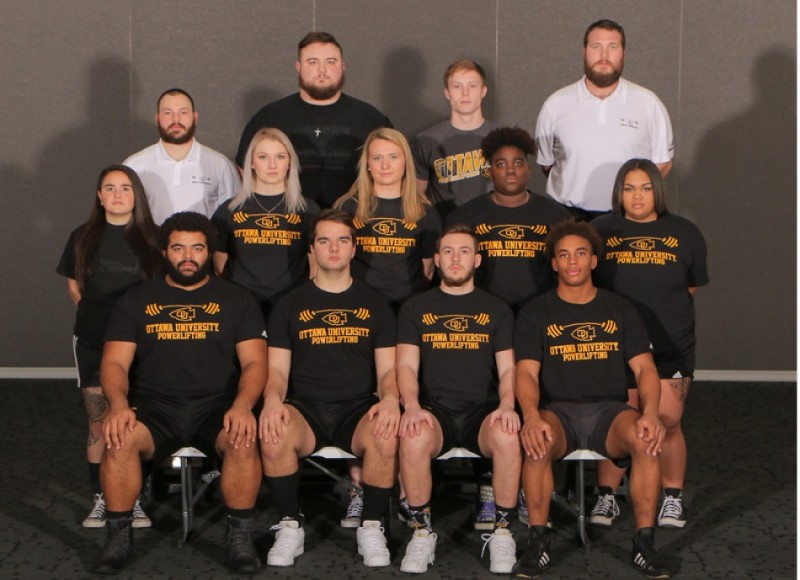
Ottawa University
Another coach I was fortunate enough to speak with was Dillion Adams, who’s at Ottawa University. Here are some questions and answers:
What are the requirements for an athlete to get a powerlifting scholarship at your university?
First and foremost, they must be accepted to get any kind of offer from us. Once we get the acceptance, it is just like any other sport. We like to see films of them in both competition and training. We are looking for how they approach the platform and how they carry themselves at the meet.
What do you look for when recruiting an athlete for powerlifting scholarships at your university?
We are looking at several factors while we are recruiting. We really like to see experience in the USAPL or federations that are sanctioned and run like USAPL.
We want to make sure they have had experience at a meet that will be run like what they will see in college.
Next, we look at their lifting videos to judge technique on the lifts as well as anthropometrics. We really take this into account to somewhat judge what their potential is.
I always like to speak with their previous coach to see what they have to say about their training mentality is right. Powerlifting is a hard sport, and you must be prepared to train hard, smart, and consistently.
Being coachable to different methods from what one may be used to is key.
We like to know their past training history as well. We want to see consistent improvement thus far and consistent strength gains. We also always want to know of any past injuries that they may have had.
An injury is not going to determine a scholarship offer or not, but we like to know if there is going to be anything we may need to work around. One big key for us is looking into their social media!
I have not offered some talented lifters due to their poor social media presentation.
We want to make sure we are going to get someone that will take the training seriously and not have bad habits that will take away from their competition.
What does your program have to offer athletes for powerlifting scholarships?
Our team is a varsity sport on campus, so the scholarship comes with the same things as any other sport on campus. The scholarship is determined on all the factors we discussed earlier, usually falling somewhere within the 40 to 60 percent tuition range.
READ MORE: You Might Be a Serious Powerlifter If...
With this scholarship, all fees for competing are covered (USAPL membership, meet entries, travel, food, and accommodations for overnight trips), as well as lifting gear needed for competition.
We provide the athletes with a competition singlet, shirts for training and competition, shorts for training, belts, knee sleeves, and socks.
We offer the opportunity to buy shoes from our apparel company for a discounted rate as well as other items for a discount. We do not provide shoes because each lifter may have a preference for shoes they like.
We are currently in the process of designing and building a new weight room, which will have a powerlifting-only weight room attached. This room will be specifically built for the needs of our powerlifters and will make us one of the only schools that has built a powerlifting-specific room. It will include all IPF-approved racks, bars, and plates for training, as well as hosting competitions.
We also offer graduate student scholarships that would be appealing to older lifters.
If they can still compete by age at the collegiate level, they are eligible for the option. This comes with all the previously mentioned perks as well as the opportunity to get some coaching experience with both our powerlifting team and athletic performance program if they are interested in becoming a strength coach.
Is there anything else you would like people to know?
We are currently beginning our second year of competition as a team. After our first year, we have tripled the size of our team and continuing to grow. We plan on carrying a team of 35 to 50 athletes by our fourth year as a program. We do also offer the possibility to be a dual-sport athlete here on campus.
There are 28 other sports offered on our campus, ranging from E-sports and bowling to football, basketball, and volleyball.
Most of our coaches would work with athletes if they wanted to try multiple sports. We currently have three dual-sport athletes on our team who have all been successful doing both this first year.
We are still currently recruiting for the 2019-2020 school year and have multiple spots still open.
For more information about the Ottawa University powerlifting program, contact Coach Adams at dillon.adams@ottawa.edu or call him at 785-248-2588. You can also follow the powerlifting team and program on Twitter @OttawaU_Pwrlift and Instagram @ottawau_powerlifting.










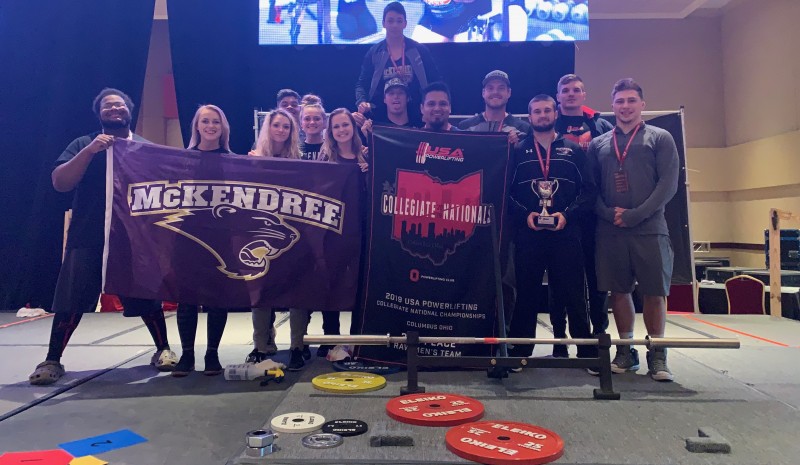
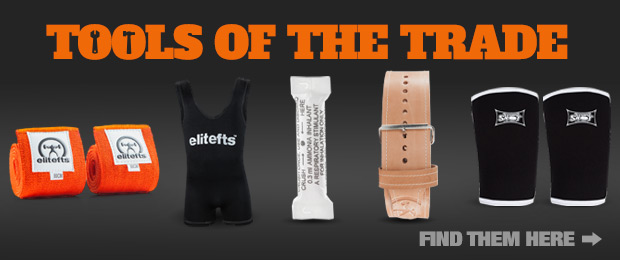
Chris
618-531-6720
Can you please send me information on your university as well.
Thank you, Ashtyn
Coach Blanco
Would love to keep competing in college !!
Any help would be appreciated.
I have a a 775 squat
500 Deadlift
405 Bench
At this time.. sitting 1st in Region.
Thank you for your time ..